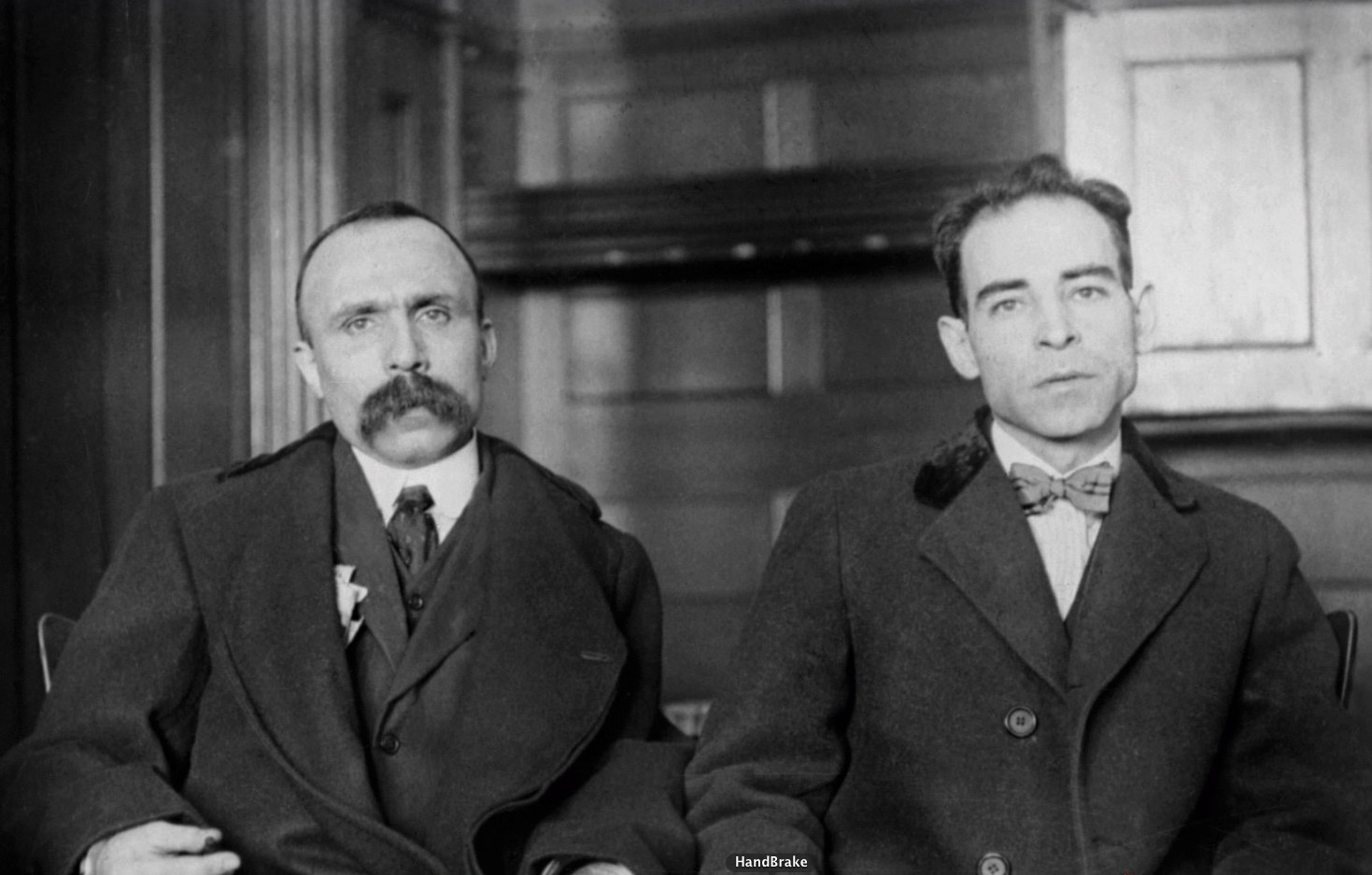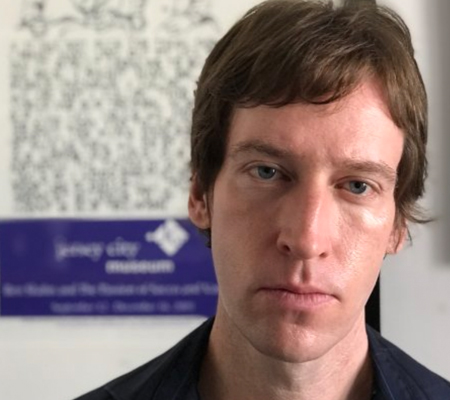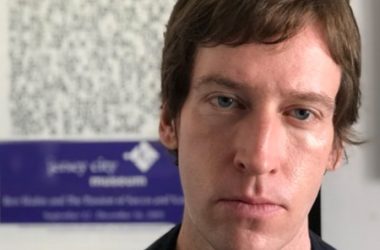By Jon Curley, New Jersey Institute of Technology, editor of Vanzetti’s Events and Victims
[Jon will be giving this address below and a reading from Events and Victims along with other presenters at the Sacco and Vanzetti Commemoration 2018 on Wednesday, August 22, 2018 at 7:00pm in Cambridge, MA. Details here.]

A requiem for Sacco and Vanzetti on the ninety-first anniversary of their execution is hardly cause for celebration as well, no more than any year. However, the occasion offers us the opportunity to dwell on our responsibilities as citizens of the world and conscientious agents of each other’s destinies. In their time as well as ours, a crisis of policy and imagination is suffered
when it comes to immigrants. In the United States and too many other countries, both the perception and treatment of immigrants is very much as debased as in Vanzetti’s time. Xenophobia runs rampant, fostering demonization of an entire demographic that threatens to undermine foundational virtues of togetherness, justice, and relative peace as well as the freedom to embrace whatever political ideas we choose. Bartolomeo Vanzetti would sadly recognize this contemporary world picture on what is also the centennial of the Sedition Act of 1918.
How do we imagine
ourselves and others? This crucial question must be confronted by us now
as then. Let us also consider the conditions in which we confront the
question. Let us also consider the conditions in which an Italian
immigrant and anarchist cultivated language not only to communicate but
to tell stories while in a prison cell. There is much talk about borders
these days, mostly hateful, frightened rhetoric excoriating some of the
most vulnerable people in world. The border of a prison yard is one of
the most punishing of all and yet within its space Vanzetti learned to
improve his English, read prodigiously both Italian and English texts,
and wrote, beyond the letters, a work of fiction, Events and Victims.
Fiction! Learning a language and writing creatively in it or even in
one’s native language, for that matter, is difficult. To undertake both
efforts while incarcerated and awaiting trial for a murder charge he
would be condemned for, no matter guilt or innocence, is remarkable.
Perhaps the better term is miraculous.
I edited Events and Victims
and wrote an introduction for it, wanting a modern readership for its
deserving author dead these ninety-one years. PM Press, a publisher of
radical literature, put it out in its pamphlet series, a form of textual
transmission with which Vanzetti would have very familiar. My interest
in getting this work into print was motivated both by the quality of
Vanzetti’s story but also a deep sense of obligation. I am a New
Englander. Do you remember Nathaniel Hawthorne’s “Custom House” preface
to The Scarlet Letter, where he describes the wish to atone for
the cruelty of an ancestor, a presiding judge during the 1692 Salem
Witchcraft Trials? Hawthorne felt a hereditary guilt as well as a
historical one. As far as Vanzetti was concerned, I felt not so much
guilt but a civic and literary responsibility to him. Although he was no
biological antecedent, only a person I admired and who represented a
famously tragic example of America’s intermittent embrace of intolerance
which saddened me, I soon learned that where I grew up was important in
two ways to the narrative of his life and his written story.
I
grew up in Bridgewater, Massachusetts, prime real estate for the 1920s
Red Scare, a town in which allegedly Bartolomeo Vanzetti was involved in
a bank holdup on Christmas Eve, 1919. Allegedly, because he was
identified by a newspaper boy as most likely being Italian because the
way he ran to the getaway car. Guilt by ethnic physical attribute! Such
irrational ethnic or whatever biases are now imputed to immigrants
across the globe, persons of color, Muslims, in particular, and anyone
else we as societies need to scapegoat in order to distract and deflect
from the real culprits of our predicament. Vanzetti knew who the enemies
were and what kind of economic system they endorsed. I knew that my own
sense of place, heritage, and justice might modestly realize itself by
allowing Vanzetti’s vision, literary as well as political, come to light
through publishing his story, a story written in part in a prison in my
hometown of Bridgewater. Amazing. Miraculous.
Like all people
who keep themselves alert to their present realities, Vanzetti was a
prophet as well as dutiful recorder of his time. Events and Victims
chronicles the exploitation of workers in the fictive country of New
Liberia where workplace accidents, managerial bullying, labor
exploitation, environmental accidents take place daily; where greed
informs policy, practice, and behavior; where casual disregard for human
life is the pitiful norm. Vanzetti wrote a parable, an allegory, a
treatise, a fictional manifesto about the need to stop the industrial
and political machinations of the world and be really free, be newly
free, be the true New Liberians of New Liberia. His words should be read
as being relevant to his time and ours as well. History echoes and
embeds; it does not repeat. The hurts, injustices, and oppressions tend
to go on, grow more intense, and then diminish before becoming yet again
pervasive. Vanzetti the Immigrant Italian knew this logic all too well
and he was able to embody its logic in his life and—yes!—his art. As so
many immigrants across the world are now victims to many events, we
should honor Bartolomeo Vanzetti and his Events and Victims by
also imagining their narratives; better yet, getting to know and learn
about their backgrounds, their desires, their hurts, their needs.
‘Other’ should become brother, become sister, while empathy should be an
enabler of more encompassing agendas and solidarity be the social
translation of compassion. I state these sentiments as a kind of
summation of what Bartolomeo Vanzetti lived and wrote. Tonight, let us
commemorate the man not as victim but writer, an artist, a visionary.
I will now read a brief passage from the introduction and then, much more importantly, the opening of Vanzetti’s story. Enjoy.


